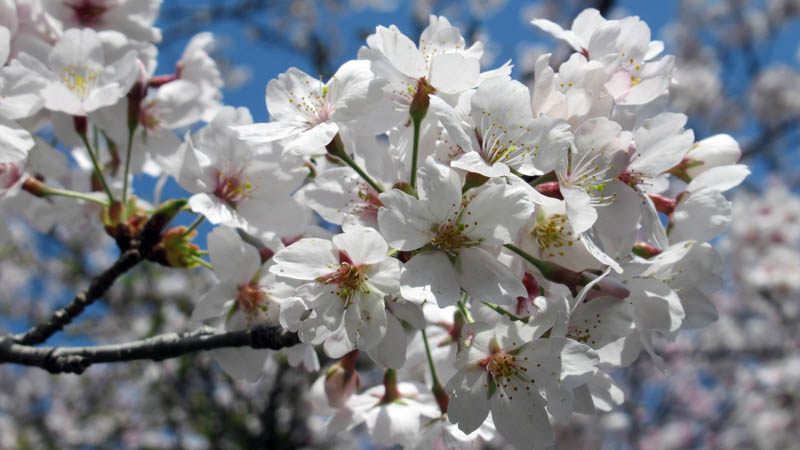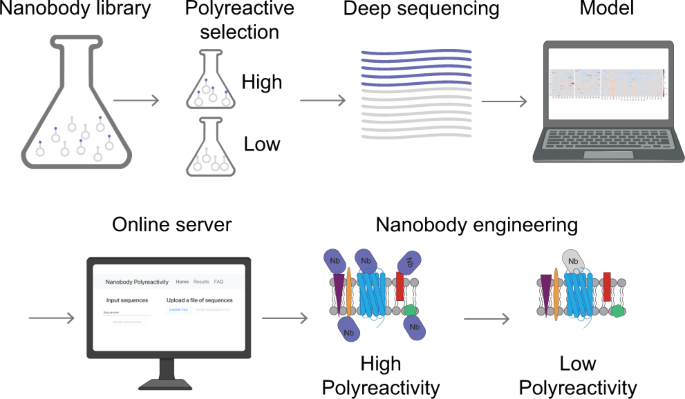2023-07-25 イリノイ大学アーバナ・シャンペーン校
◆従来の研究では土壌中の微生物と植物の相互作用を示すために、微生物の存在しないコントロールが含まれていなかったことが挑戦された点であり、今後の研究に影響を与える可能性があるとされています。研究では微生物の同定は行われていないが、土壌中の微生物は栄養循環に関与しており、植物の耐性向上に役立つ可能性があります。
<関連情報>
- https://aces.illinois.edu/news/soil-microbes-help-plants-cope-drought-not-how-scientists-thought
- https://royalsocietypublishing.org/doi/10.1098/rspb.2023.0469
土壌水分が植物の局所適応反応を促進する微生物を偶発的に選択する Soil moisture incidentally selects for microbes that facilitate locally adaptive plant response
Kevin D. Ricks and Anthony C. Yannarell
Proceedings of the Royal Society Published:28 June 2023
DOI:https://doi.org/10.1098/rspb.2023.0469
Abstract
While a plant’s microbiome can facilitate adaptive phenotypes, the plant’s role in selecting for these microbes is unclear. Do plants actively recruit microbes beneficial to their current environment, or are beneficial microbes only an incidental by-product of microbial adaptation? We addressed these questions through a multigeneration greenhouse experiment, selecting for either dry- or wet-adapted soil microbial communities, either with or without plants. After three plant generations, we conducted a full reciprocal transplant of each soil community onto wet- and dry-treated plants. We found that plants generally benefited from soil microbes, and this benefit was greater whenever their current watering conditions matched the microbes’ historical watering conditions. Principally, the plant’s presence was not necessary in the historical treatments for this environmental matching benefit to emerge. Moreover, we found microbes from droughted soils could better tolerate drought stress. Taken together, these results suggest that the moisture environment selects for microbes that benefit plants under those specific moisture conditions, and that these beneficial properties arise as a by-product of microbial adaptation to the watering environment and not as a co-adapting plant–microbe system. This work highlights that understanding the selective agents on these plant-associated microbes will lead to a better understanding of plant adaptation.



